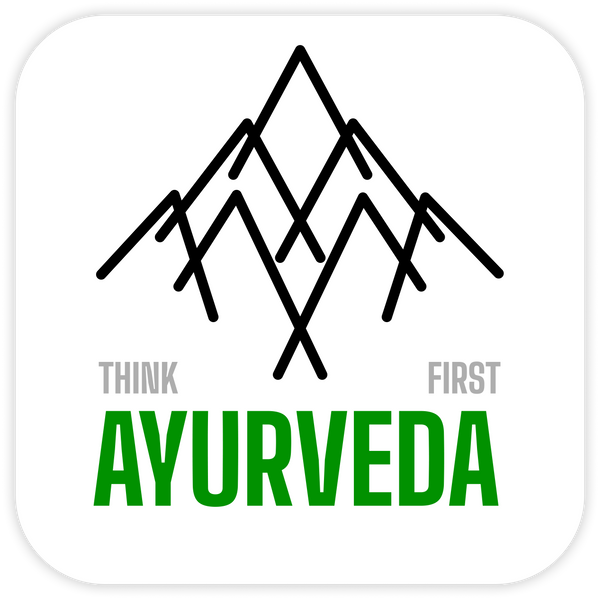Shalyatantra, also known as Ayurvedic surgery, is one of the ancient branches of Ayurveda that focuses on surgical procedures and treatments. It encompasses the principles, techniques, and practices related to surgery, including the management of trauma, wounds, and various surgical conditions. Shalyatantra is grounded in ancient texts such as Sushruta Samhita, which provides detailed descriptions of surgical instruments, procedures, and post-operative care. The branch emphasizes not only the physical aspects of surgery but also the holistic care of patients, ensuring the balance of body, mind, and spirit.
General Diagnostic Services:
Shalyatantra employs a range of diagnostic techniques to assess and identify surgical conditions. These include:
-
Clinical Examination:
- Detailed physical examination to evaluate symptoms, physical anomalies, and overall health status.
-
Pulse Diagnosis (Nadi Pariksha):
- Assessing the patient's pulse to determine the balance of doshas (Vata, Pitta, Kapha) and identify imbalances or blockages.
-
Visual Inspection:
- Observing physical signs such as swelling, discoloration, and other external manifestations of disease.
-
Palpation:
- Feeling the affected area to assess pain, tenderness, and other characteristics.
-
Laboratory Tests:
- Utilizing blood tests, urine tests, and other laboratory investigations to support clinical findings.
-
Imaging Techniques:
- Using modern imaging methods such as X-rays, ultrasound, and MRI when necessary, to get a comprehensive understanding of the condition.
Treatment Options:
Shalyatantra offers a variety of surgical and non-surgical treatments tailored to individual needs:
-
Surgical Procedures:
- Incision and Drainage: For abscesses and boils
- Excision:Removal of tumors, cysts, and other growths.
- Fracture Management:Realignment and stabilization of broken bones.
- Wound Management: Cleaning, suturing, and dressing wounds to promote healing.
-
Kshar Sutra Therapy:
- A minimally invasive technique using medicated threads for treating fistulas, hemorrhoids, and other anorectal conditions.
-
Agni Karma (Cauterization):
- Using heat for therapeutic purposes, such as removing warts or stopping bleeding.
-
Raktamokshana (Bloodletting):
- Techniques like leech therapy to remove impure blood and relieve conditions like varicose veins and skin disorders.
-
Post-operative Care:
- Focused on holistic recovery, including herbal medications, dietary recommendations, and lifestyle modifications to promote healing and prevent recurrence.
-
Pain Management:
- Using Ayurvedic herbs, oils, and treatments such as Abhyanga (oil massage) and Swedana (herbal steam therapy) to manage pain and enhance recovery.
Conclusion
Shalyatantra is a vital and dynamic branch of Ayurveda that integrates ancient surgical wisdom with holistic healing principles. By employing detailed diagnostic methods and a variety of treatment options, Shalyatantra aims to effectively manage surgical conditions while ensuring the overall well-being of the patient. Its emphasis on natural and minimally invasive procedures, combined with comprehensive post-operative care, makes it a unique and valuable component of Ayurvedic medicine. Through the practice of Shalyatantra, patients can achieve not only physical recovery but also a balanced state of health, aligning body, mind, and spirit.



 ThinkAyurvedaFirst™ is a product and trademark owned by
ThinkAyurvedaFirst™ is a product and trademark owned by